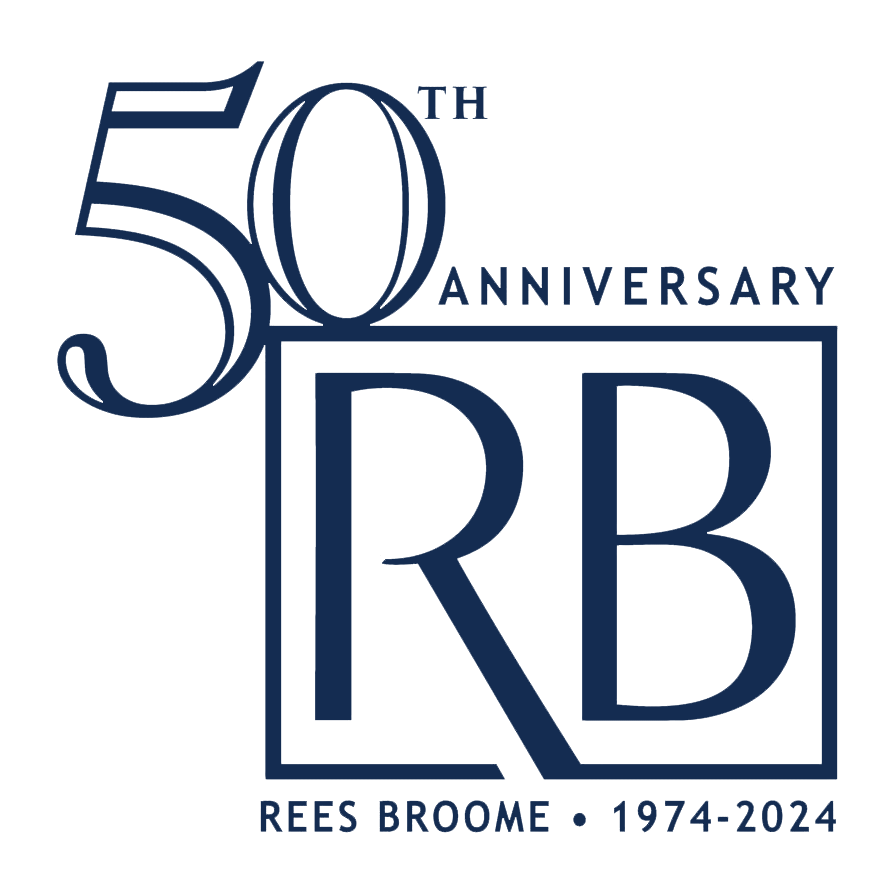We have prepared this notice to sensitize you to a recent decision by the Virginia Supreme Court that reduces the level of enforceability of certain provisions that are found in association design standards and rules and regulations adopted by Boards of Directors. Specifically, in a case called Sainani v. Belmont Glen Homeowners Association, the Virginia Supreme Court ruled against an association that was attempting to enforce the association’s seasonal holiday decoration standards.
In that case, the Court found that the Association did not have the authority to adopt and enforce its seasonal holiday decoration standards because the association’s declaration did not provide it with clear authority to do so. When it reached its decision, the Virginia Supreme Court reviewed the association’s declaration and rejected the association’s argument that it had authority to regulate temporary holiday lighting based upon the authority set forth in its declaration enabling the association to generally regulate the exterior appearance of the lot. The Court also rejected that language in the covenants that prohibited exterior lighting that impacted other lots was sufficient enabling authority for the seasonal holiday decorations. Instead, the Court found that that there were no other explicit covenant provisions that otherwise contained the clear and explicit authority for the association to regulate seasonal holiday lighting. As a result, the Court ruled against the association, found that its imposition of monetary charges was not permissible and that its seasonal guidelines exceeded the scope of the restrictive covenants.
What does this mean for your particular community association? The answer is typical for lawyers – it depends. Based upon the wording of your covenants, it is possible that your community association may have certain provisions in its design standards that extend beyond the authority set forth in the recorded covenants or declaration. This issue will vary for each community association depending upon the precise language in each community he association’s declaration or covenants.
As a result, we are recommending to our community association clients that they contact the attorneys handling their work here at Rees Broome to ask them to audit or review their community’s current design standards, seasonal decoration rules, as well as the recorded declaration or covenants. The purpose of the audit or review is to allow our attorneys to assess and render a specific opinion on how the Sainani v. Belmont Glen Homeowners Association decision may or may not impact your current community association’s design standards or rules. This assessment will also inform whether your community association may wish to amend its existing rules or attempt to amend their recorded declaration or covenants.
